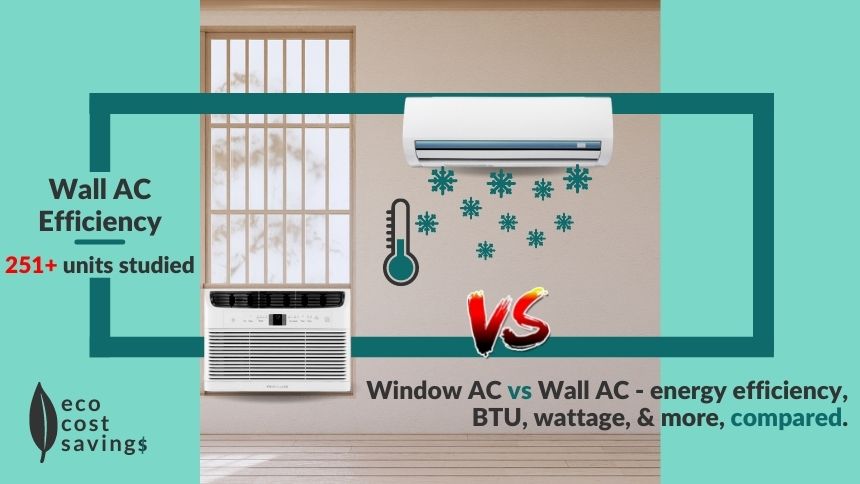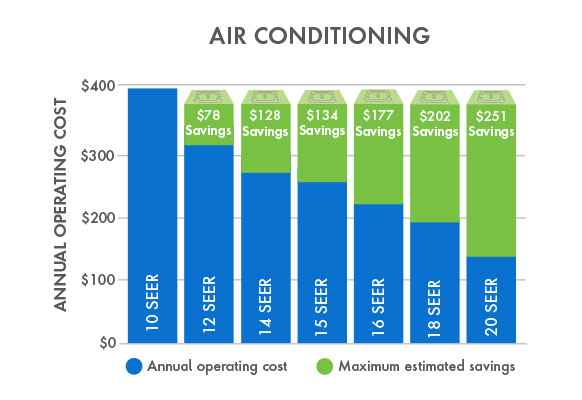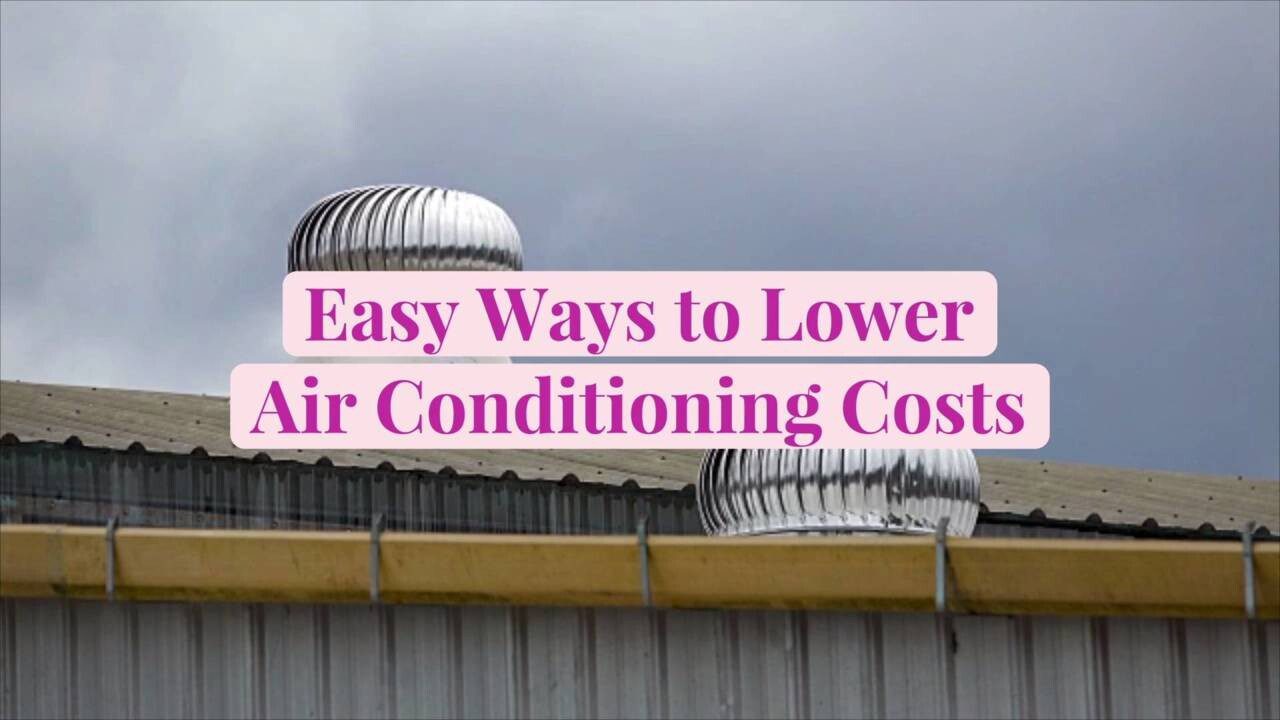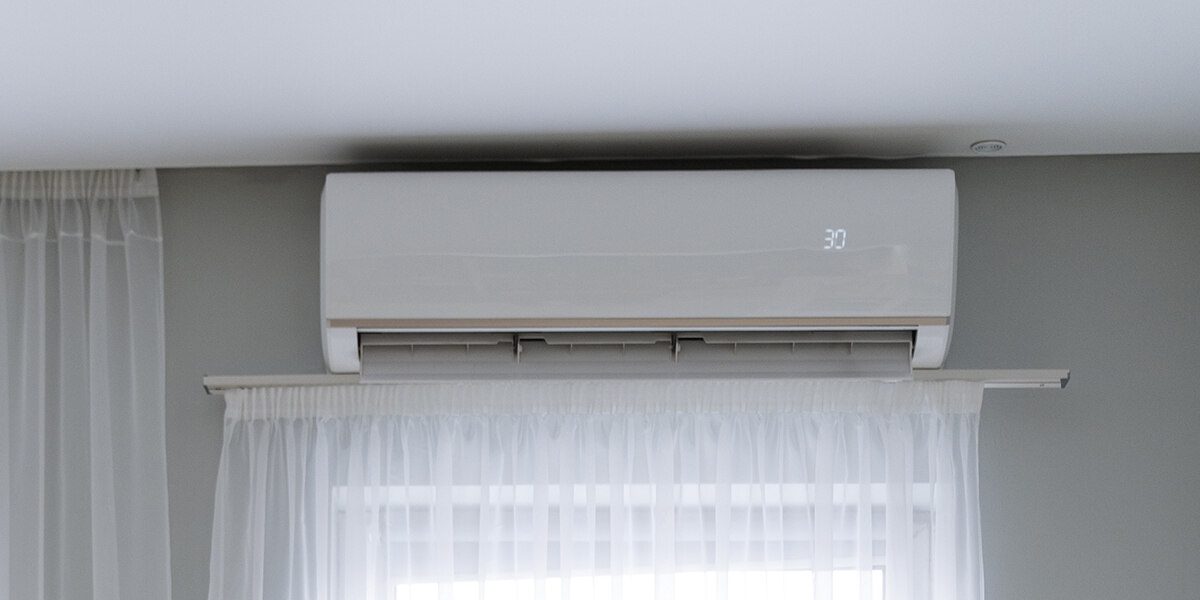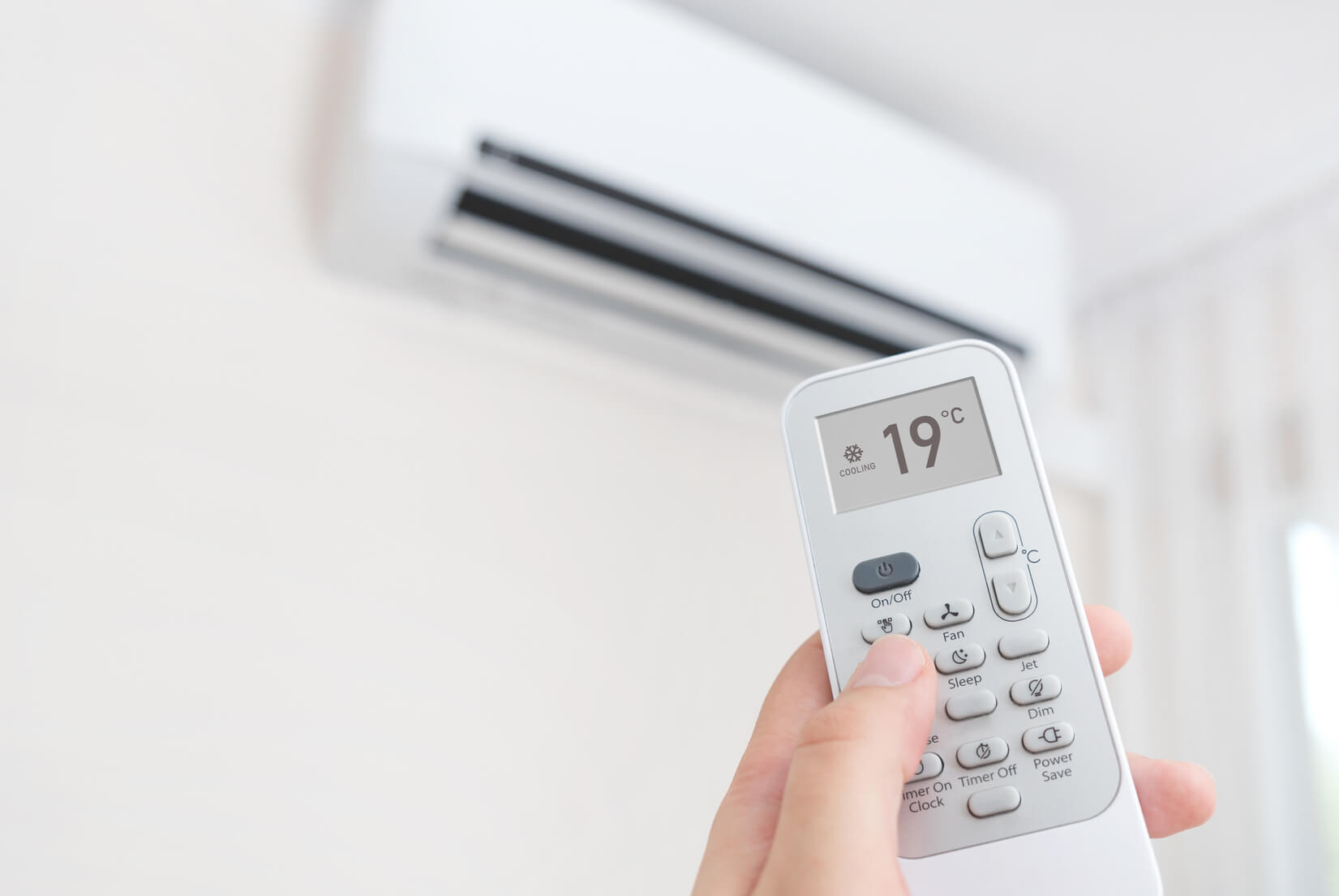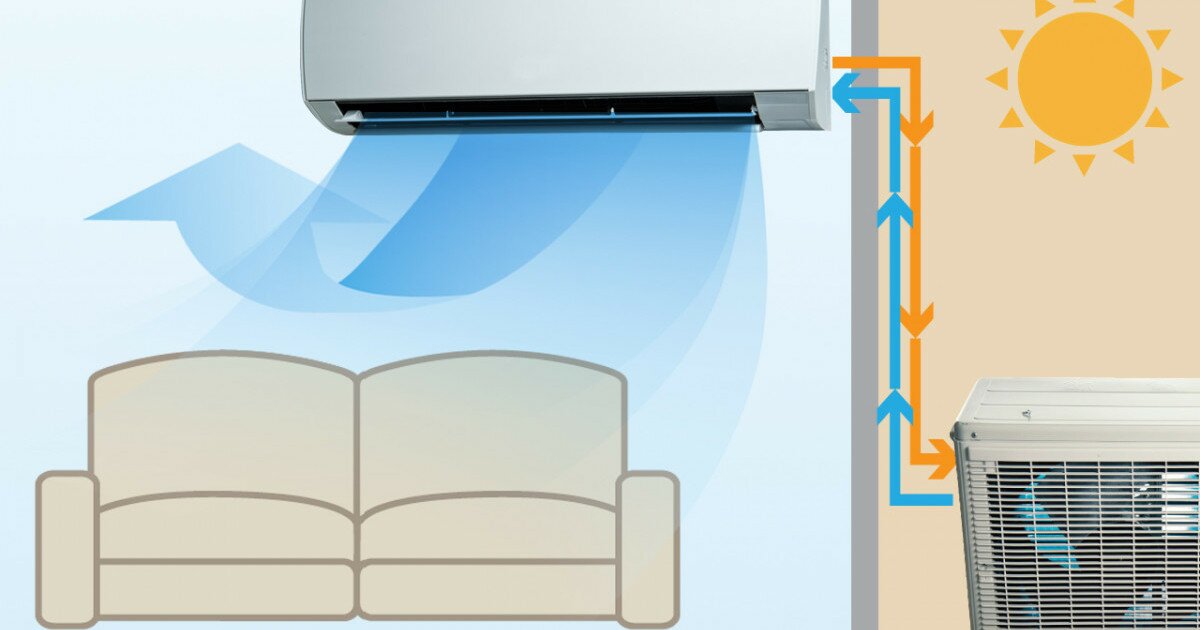Is It More Cost Efficient To Leave Ac On

One of the most hotly debated topics among homeowners, especially during the sweltering summer months, is whether it's more cost-efficient to leave your AC on all day or turn it off when you leave for work. The answer, like most things in HVAC, isn't a simple yes or no. It depends on several factors, including your home's insulation, your climate, your AC system's efficiency, and your personal preferences. Let's delve into the complexities to help you make the best decision for your wallet and your comfort.
Understanding the Energy Consumption of Your AC
Your air conditioner works by removing heat from your home. The process involves a refrigerant cycle, a compressor, and fans to circulate air. When you turn off your AC, your home heats up. When you turn it back on, the AC has to work harder to cool the house down to your desired temperature. This initial burst of energy consumption is often a significant factor in the overall energy usage.
The Myth of the "Restart Surge"
While it's true that starting an AC unit requires more power than maintaining a constant temperature, this “restart surge” is often overemphasized. Modern AC units are designed to start efficiently, and the energy used during the startup is usually less than the energy required to cool a hot house down significantly.
Factors Influencing the Decision
Here's a breakdown of the key factors that will help you determine whether to leave your AC on or off.
Insulation Quality
A well-insulated home will retain its cool temperature much longer. If your home is poorly insulated, heat will seep in quickly, forcing your AC to work harder to maintain a comfortable temperature. In this case, leaving the AC on at a slightly higher temperature while you're away might be more efficient than letting the house heat up completely.
Climate
If you live in a consistently hot and humid climate, the temperature difference between the inside and outside of your home will be significant. Leaving the AC off for extended periods in such a climate can lead to a rapid increase in indoor temperature and humidity, making it more energy-intensive to cool down later. In milder climates, the difference may be less pronounced, making it more cost-effective to turn off the AC when you're away.
AC System Efficiency (SEER Rating)
The SEER (Seasonal Energy Efficiency Ratio) rating of your AC unit indicates its energy efficiency. A higher SEER rating means the unit is more efficient and will use less energy to cool your home. If you have an older, less efficient AC unit, it might be more cost-effective to turn it off when you're away, as it will consume more energy overall. Newer, high-efficiency units are often designed to operate efficiently even when maintaining a constant temperature.
Thermostat Settings
Smart thermostats are a game-changer in energy management. Programmable thermostats allow you to schedule temperature changes throughout the day. For example, you can set the thermostat to a higher temperature when you're away and then program it to start cooling down the house an hour or so before you return. This approach can strike a balance between energy savings and comfort.
The Experiment: Monitoring Your Energy Usage
The best way to determine the most cost-effective approach for your specific situation is to conduct a simple experiment. For a week, try leaving your AC on at a slightly higher temperature while you're away (e.g., 78°F). The following week, turn off the AC completely when you leave and then turn it back on when you return. Compare your energy bills for the two weeks. Make sure the weather conditions were similar during both weeks to ensure accurate results.
DIY Tips for Improving AC Efficiency
Before you decide on the "on or off" strategy, consider these DIY tips to improve your AC's efficiency:
- Seal air leaks: Use caulk and weather stripping to seal any cracks or gaps around windows and doors.
- Insulate your home: Add insulation to your attic, walls, and floors to reduce heat transfer.
- Clean or replace air filters: Dirty air filters restrict airflow, making your AC work harder. Replace them every 1-3 months.
- Keep vents clear: Ensure that furniture and other objects are not blocking air vents.
- Use ceiling fans: Ceiling fans can help circulate cool air, allowing you to set your thermostat a few degrees higher.
- Shade your windows: Use blinds, curtains, or shades to block sunlight and reduce heat gain.
When to Call a Professional
While some AC issues can be addressed with DIY solutions, others require professional attention. Here are some situations where you should call an HVAC technician:
- Refrigerant leaks: Refrigerant is a hazardous substance that should only be handled by a trained professional.
- Compressor problems: The compressor is the heart of your AC system, and repairs can be complex and expensive.
- Electrical issues: Working with electrical components can be dangerous. Always call a professional for electrical repairs.
- Significant drop in cooling performance: If your AC is not cooling your home effectively, it could indicate a serious problem.
- Unusual noises or smells: Strange noises or smells coming from your AC unit could be a sign of a malfunction.
Common AC Problems and Estimated Costs
Here's a list of common AC problems and their estimated repair costs. These are just estimates, and the actual cost may vary depending on your location, the complexity of the repair, and the technician's hourly rate.
- Refrigerant leak repair: $200-$800
- Compressor replacement: $800-$2,500
- Capacitor replacement: $100-$300
- Fan motor replacement: $200-$600
- Thermostat replacement: $100-$400
- Dirty evaporator coil cleaning: $100-$300
Safety First!
Before attempting any DIY AC repairs, always turn off the power to the unit at the circuit breaker. Wear safety glasses and gloves to protect yourself from potential hazards. If you're not comfortable working with electrical components or refrigerant, it's best to call a qualified HVAC technician.
Conclusion: Finding the Right Balance
Ultimately, the decision of whether to leave your AC on or off depends on your individual circumstances. By considering the factors discussed above and conducting your own energy usage experiment, you can determine the most cost-effective and comfortable approach for your home. Remember to prioritize energy efficiency through proper insulation, regular maintenance, and the use of a programmable thermostat. And when in doubt, don't hesitate to call a professional for expert advice and assistance.
Remember these key takeaways:
Insulation matters. Well-insulated homes retain cool air better.
Climate counts. Hotter climates may benefit from keeping the AC on at a higher temperature.
SEER rating is important. High-efficiency units use less energy.
Smart thermostats help. Program your thermostat for optimal efficiency.
Safety always. Know your limits and call a professional when needed.
By implementing these tips and strategies, you can enjoy a comfortable home environment without breaking the bank.

